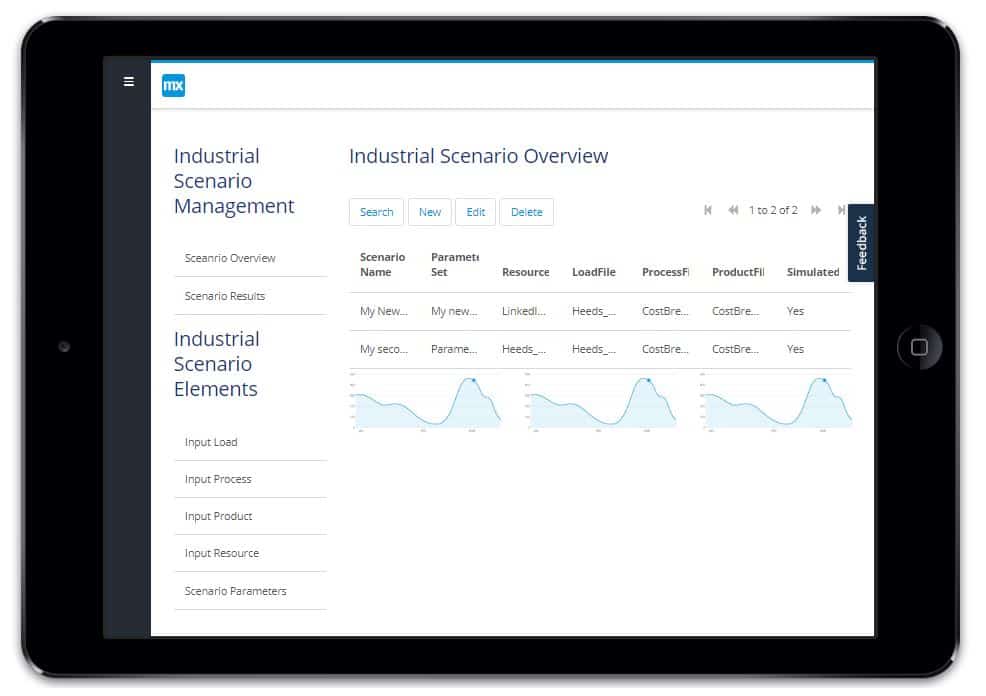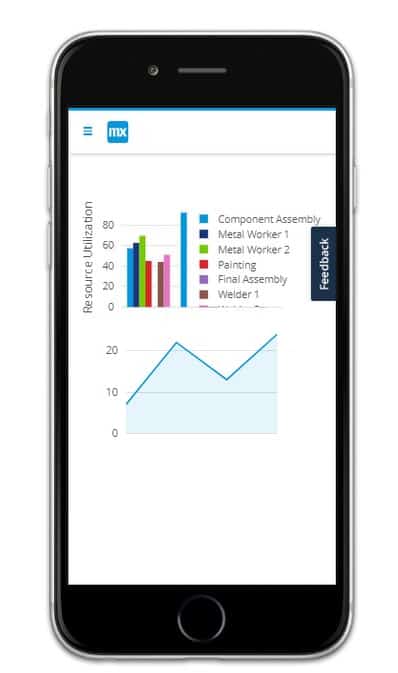For today’s maker profile, I had the pleasure of sitting with Jakob Schillinger, business consulting manager at Siemens Industry Software, to talk about how he was introduced to low-code development and how low-code and the Siemens acquisition of Mendix will change the way he works.
Hear the conversation below:
Tell us about your professional background. Do you have any prior programming experience?
My working contract says that I’m a business consulting manager at Siemens Industry Software in Germany. I call it being a jack-of-all-trades. I deal with software, mostly around manufacturing processes and with software implementation strategies. It’s a very mixed bag.
I studied mechanical engineering and industrial engineering back in the day, but I always had a big affinity for digitalization. Playing 3D games brought me into engineering originally. I was more into 3D-level building, so I liked CAD software. Mechanical engineering was a good match to that when I left school. During university, I decided that I wanted to stick close to digitalization.
After university, I spent ten years in a professional services role, but since I have quite a knack for storytelling games, I finally moved into a pre-sales role.
I do have some coding experience, so I can write process-oriented code fragments, but I’m not a real programmer. If people who learned informatics start talking, I’m basically out of the conversation after thirty seconds, and I never really managed to write or deploy a desktop app. The only complete piece of software I ever wrote was a desktop application that would create a message box every few minutes to tell my wife how much I love her. That was a very big success, best desktop application I ever wrote.
Tell us about some of the things in your work experience that made you realize that getting into development could help you solve your problems.
In my daily business, I deal with value propositions quite a lot, with software implementation strategies and with software landscapes. In my opinion, when delivering propositions like that to an audience, it makes those propositions much more tangible if you connect them to a technical foundation. I frequently use my background–my experience in professional services, where I was doing some coding in fragments–to deliver this foundation. But the world is changing and mobile intelligent assistants will get more important in our daily business. Being able to develop stuff like that is going to continue to be more important as well.
How did you discover low-code?
Low-code is something that I discovered at the start of the year. I was searching for a programming environment to teach coding to children. Besides work, I’m a voluntary martial arts teacher. I constantly get on my students’ nerves that they have to learn some coding because it will offer a large payback later in their career no matter what they actually do. Some of them tried to get into coding and they just failed when confronted with Java or C++ IDEs. I started looking for alternatives, especially since my son is now growing into an age where I want to teach him coding, and I stumbled over low-code. When I discovered low-code, I thought, “I need something like this for work.”

What was your initial reaction when you started using Mendix?
On the day when the procurement between Mendix and Siemens was cleared, it felt a little bit like Christmas and Easter on one day, because it happened only a few weeks after I discovered low-code development for myself. So, I was pretty excited to have Mendix onboard in the Siemens family, because my opinion is that it changes Siemens Industry Software quite a lot from being an engineering software company to being a software technology company. I signed up with a free Mendix account and 30 minutes later, after the basic tutorial, I had my first app deployed. I was getting really excited and started to get on David Eaton’s nerves–he’s the manager of the Mendix Academy. I was trying to talk him into letting me join a rapid developer course as soon as possible. Maybe two hours after the procurement announcement, David pointed me to the excellent rapid developer online course and I started with that.
What was the first problem you solved with Mendix?
There is a program in the Siemens Industry software landscape called Preactor. It’s a tool for advanced planning and scheduling; it lets you plan usage of your resources in an efficient way and creates small overviews and dashboards on how resources are used. Nearly every single time I showcase what Preactor can do, I get the question, “Can I interact with that on my mobile phone while I am on vacation?” That’s something production managers always ask. So the first thing I wanted to solve was to have a mobile app that lets you see how resources are going to be utilized in a factory over the next few weeks.

After having some basic training in Mendix, I started working on that. It didn’t even take me more than an hour to create the app and that got me pretty excited. I started showing off what I had done concerning the connection between Mendix and Preactor on LinkedIn, and I got some pretty intense feedback from the LinkedIn community, so I’m pretty sure that other people share my feelings about the Mendix acquisition by Siemens.
How has Mendix changed the way you work, and how’s that created new opportunities for you in your career?
Besides getting some attention on what I am creating with Mendix due to sharing it on channels like LinkedIn, it’s well known at Siemens Industry Software Germany that I’m the guy who’s going to try to talk you into giving Mendix a try. Other than that, it hasn’t changed that much so far, but I think that Mendix will become a more important part of my business life in the near future. Siemens is going to be at the vanguard of major changes to how we are interacting with IT. For example, microservices are about to replace monolithic IT infrastructures. Technologies like artificial intelligence and MindSphere will change how we deal with complex challenges. We will change that from the ground up.
Maybe it’s a bit bold to say, but you could imagine that the internet is basically just a data communication and data storage layer for the digitalized worlds that will hit us in the next few years. I think Mendix will be Siemens’ very accessible answer to interact with this great new world. This is definitely going to have an impact on my work and also my career, in my life, the life of my friends, the lives of my family, everyone. Basically, it will change how people around the globe will interact with Siemens Industry Software solutions. That’s why I’m so excited about getting onboard with Mendix and doing stuff better.
Anything else you would like to share with us?
Give Mendix a try. It’s really easy to start with. I can recommend the online training courses—they are best in class. I’ve never seen such awesome online training material. Normally, I shy away from online training because they don’t let me pick my pace and they don’t go into very much detail. The Mendix stuff is different. The way Mendix interacts with the community and rewards you for interacting with other Mendix users is also a great way to do it.